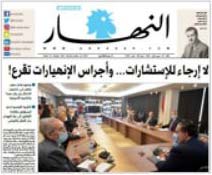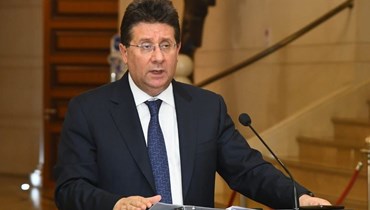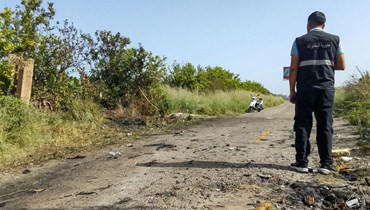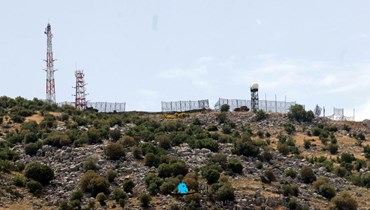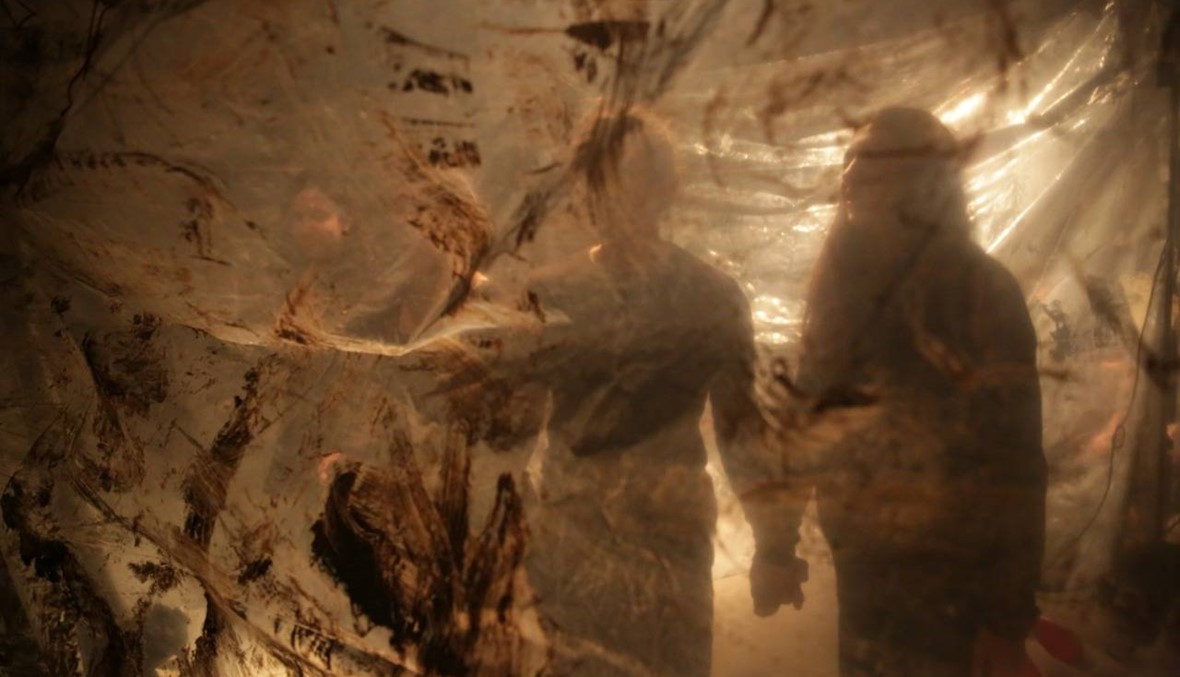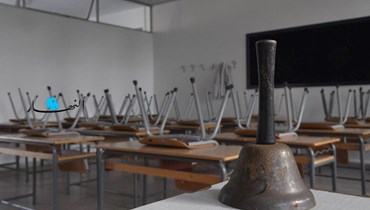“Abandoned:" A discussion on the Lebanese nationality law
BEIRUT: On Saturday, a group of students and staff from the Lebanese American University threw a fundraising event for an upcoming independent short film called “Abandoned.” The film highlights Lebanon’s gender-biased citizenship law which prohibits Lebanese women from passing the nationality to their children.
The evening was a mélange of artistic performances where a play, a music performance, a panel discussion and an art auction took place at the Bossa Nova hotel.
“Our main purpose is to create a dialog on social issues that need to be discussed and talked about in the public,” Samer Beyhum, the director of “Abandoned,” told Annahar.
The story of “Abandoned” revolves around a girl with a Palestinian father and a Lebanese mother. Her parents get murdered and she thus, get orphaned too soon. Because she cannot inherit the Lebanese nationality from her mother (as Lebanese mothers don’t have the right to pass nationality); she fails to find a legal shelter and falls into obscurity with an uncertain future. The movie is meant to question the biased citizenship law and to bring to light its consequences: a lost generation.
Those very things were brought into scrutiny at the discussion panel moderated by Nay Rahi, an instructor at LAU and founder of harasstracker.org. the panelists were: George Haddad, a lawyer at Justice Without Frontiers; Leen Hornig, an 18 year old high school student; and Fadi Mikhael, a legal assistant.
Haddad began the discussion by saying that the only case a Lebanese mother is allowed to pass her nationality to her children if they were illegitimate.
“And even then, the nationality is not easily granted,” he said. Rahi pointed out that the fundamental problem lies in the legal departments where women (along with Lebanese men) are registered.
Afterwards it was time for Hornig to tell her story as a Lebanese-American “who is not really Lebanese.”
Hornig recalls that when she asked her father why she does not have a Lebanese passport; his response was that she was “a foreigner.” Her comments were well accepted by the audience where people with cases similar cases applauded her bravery.
The enriching panel discussion was succeeded by an original play titled “veil” or “membrane,” written and directed by LAU student Rachid Hneineh. The short Arabic narration, set in a plastic encasing that symbolises society’s boundaries, brought into life the stories of women and children who suffer from the biased nationality law. Their raw stories show suffering and a longing to be recognised as a true self.

This photo shows LAU students at the fundraiser on March 30, 2019. (Photo Courtesy of Alaa Abdel Sater)


 اشترِك في نشرتنا الإخبارية
اشترِك في نشرتنا الإخبارية


